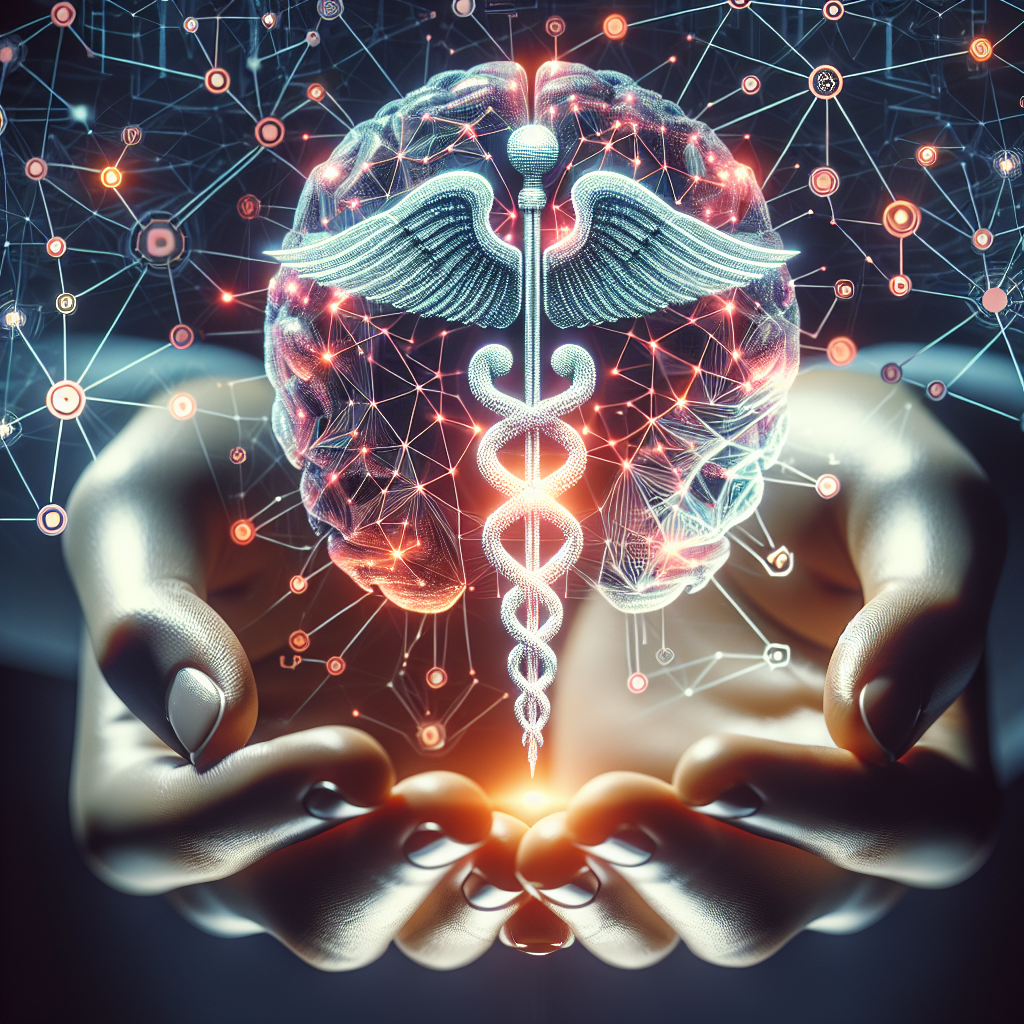In recent years, the healthcare industry has been rapidly exploring the potential of artificial intelligence (AI) integration in health informatics. AI has the ability to transform the way healthcare is delivered by streamlining processes, improving decision-making, and ultimately enhancing patient outcomes. From diagnostic imaging to personalized treatment plans, AI is revolutionizing the way healthcare professionals work and the way patients receive care.
Health informatics is the intersection of healthcare, information technology, and data science. It involves the collection, management, and analysis of healthcare data to improve patient care, outcomes, and overall efficiency. AI integration in health informatics involves the use of machine learning algorithms, natural language processing, and other AI technologies to analyze and interpret healthcare data.
One of the key areas where AI integration is making a significant impact is diagnostic imaging. Radiology is a field that generates vast amounts of imaging data, such as X-rays, MRIs, and CT scans. AI algorithms can analyze this data to assist radiologists in detecting abnormalities, making diagnoses, and developing treatment plans. For example, AI-powered software can help radiologists identify early signs of diseases like cancer, allowing for earlier detection and treatment. This can ultimately improve patient outcomes and reduce healthcare costs.
AI integration in health informatics also has the potential to improve personalized medicine. By analyzing a patient’s genetic makeup, medical history, and lifestyle factors, AI algorithms can help healthcare providers develop personalized treatment plans that are tailored to the individual patient. This can lead to more effective treatments, fewer side effects, and better outcomes for patients.
Another area where AI integration is showing promise is in predictive analytics. By analyzing large amounts of healthcare data, AI algorithms can predict health outcomes, identify at-risk patients, and recommend preventive measures. This can help healthcare providers intervene earlier, potentially preventing serious illnesses and reducing healthcare costs.
Overall, the potential of AI integration in health informatics is vast. From improving diagnostic accuracy to enhancing personalized treatment plans, AI has the ability to transform the way healthcare is delivered and improve patient outcomes. However, there are also challenges and considerations that need to be addressed, such as data privacy and security, ethical considerations, and regulatory compliance.
FAQs:
Q: What are some examples of AI applications in health informatics?
A: Some examples of AI applications in health informatics include diagnostic imaging, personalized medicine, predictive analytics, virtual health assistants, and robotic surgery.
Q: How does AI improve diagnostic imaging?
A: AI algorithms can analyze imaging data to assist radiologists in detecting abnormalities, making diagnoses, and developing treatment plans. This can lead to earlier detection of diseases, improved accuracy, and better patient outcomes.
Q: What are some challenges of AI integration in health informatics?
A: Some challenges of AI integration in health informatics include data privacy and security concerns, ethical considerations, regulatory compliance, and the need for healthcare professionals to be trained in using AI technologies.
Q: How can AI improve personalized medicine?
A: AI algorithms can analyze a patient’s genetic makeup, medical history, and lifestyle factors to develop personalized treatment plans that are tailored to the individual patient. This can lead to more effective treatments, fewer side effects, and better outcomes.
Q: What are some future trends in AI integration in health informatics?
A: Some future trends in AI integration in health informatics include the use of AI-powered virtual health assistants, the expansion of predictive analytics, the adoption of robotic surgery, and the development of AI-powered drug discovery tools.

